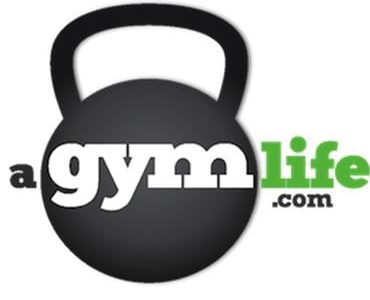This essay was originally featured in my free Sunday newsletter.
“Life is really simple, but we insist on making it complicated.”
-Confucius
There is this concept known as Neophiliac, which is a personality type in which a person has a strong affinity for novelty.
I think that we all are, at least in our Western culture, a bit neophiliac; we always want “new,” “shiny” and “different.”
We complicate things and make them harder than they have to be instead of taking the simplest and shortest route.
I’ve seen this in myself, business partners, employees and friends and family, but most of all, I’ve seen this effect in my own life when working on various projects.
For some reason, my brain loves to “build up” how much effort or energy something is going to take. It has a need to figure out every little detail of every little part of the entire whole before it feels comfortable doing the work. You might think this is a good thing, to plan out everything, but the problem is I end up wasting time planning out things based on assumptions and expectations that never come true.
It’s very presumptuous, and is a road block for getting shit done. It’s almost always better to just start and figure it out as you go.
When I catch myself overanalyzing–which is a subtle form of Resistance and procrastination, I try to take a step back and figure out what is the simplest and most direct way of getting started. Once I figured that out, I figure out the next step.
Then I forget the rest so I can get to work.
This process of figuring out, and focusing on, the next step is the secret to accomplishing anything.
Anything.
To get stuff done, you have to simplify and subtract and avoid your tendency for novelty, or to add, which is what our brains love to do. Adding causes convolution, which not only makes you less effective at what you are doing, but also leads you further and further away from your intended destination.
Of course, there’s a catch to this technique. It’s this: It takes a lot of time and experience to get good at it.
This is a skill that you build. You don’t just wake up one day and are good at getting stuff done. You have to learn and iterate and learn some more. Then, through all that learning, you start seeing trends in your habits of what works and what doesn’t.
As you go through this learning, you will start seeing what I’m telling you now: that it’s best to focus on what’s next and do it as well, and as fast, as you can.
Everything… and Now
As humans, we get ahead of ourselves. We have an insatiable need to do everything, and now. This ends up bogging us down to the point of inaction, like quicksand.
A major contributor to this problem is our tendency to want to predict the future. We try to account for all the possible variables so we can plan accordingly, and hopefully, predict what’s going to happen. Obviously, this never works because we aren’t fortune tellers, and ends up frustrating us when reality doesn’t end up matching our expectations.
This concept doesn’t apply to just work and getting stuff done, it applies to everything:
- We do this in our relationships by our desire to want all answers and assurances of where “it’s going”—also known as “overanalyzing.”
- We do this with projects at work and school when we try to formulate a plans based on things we think we know, which usually just leads to paralysis by analysis.
- We do this with anything new and unknown: we try to account for all the variables so best to avoid failure or pain.
But there is a better way. It’s this: Figure out the first thing that needs to be done, and do it. Then repeat the process, iterating as you go.
Success in anything is a process of moving forward while learning. That’s what they mean when they say, “Fail fast.”
Fail fast means to take action so you can get feedback as fast as possible and then iterate based on that feedback. You are just figuring it out.
What you learn as you do anything in life is it’s going to be hard, it’s going to hurt. You aren’t going to prevent bad things from happening. You aren’t going to avoid the difficulty of anything worth having. In fact, it’s the difficulty and pain that makes the things you are pursuing worth freaking pursuing!
That’s why you have to get in there and give ’em hell!
Do, Learn, Win
If you start moving to a place of focus on the next step over a desire for more, for obsessive planning and for a desire to protect yourself from pain the best you can, you are going to get better results across the board, and, ironcially, end up avoiding much of the pain and obstacle you want to so avoid by giving them attention.
It’s time you get in the beginner’s mindset. Don’t assume, just do.. Don’t plan, learn.
Learn and do—two words to live by.
